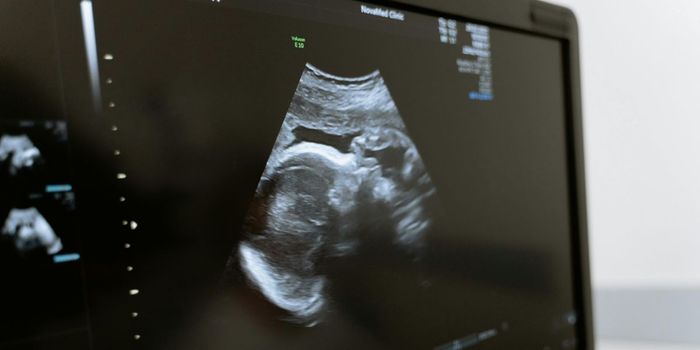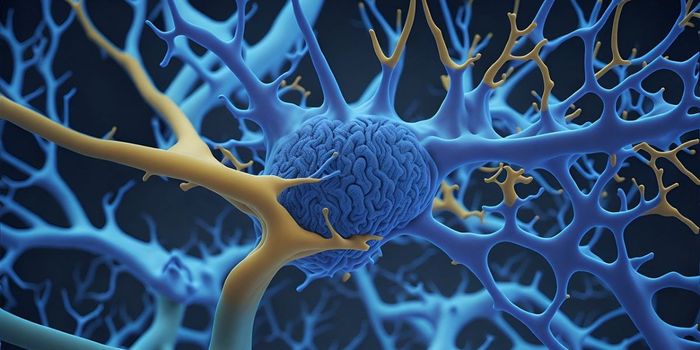Neurotechnology and Saliva Tests Detect Psychoactive Effects of Cannabis
Researchers from contract research organization, KGK Science, working on behalf of neurotechnology firm Zentrela, have found that neurotechnology combined with saliva testing can more accurately indicate whether a person is experiencing psychoactive effects from cannabis use than traditional methods.
Being able to correctly assess the psychoactive effects of THC is important for law enforcement, especially given the increasing legalization of cannabis. Doing so has traditionally relied on saliva, blood and urine samples. This comes despite some studies saying that there is no direct correlation between THC concentration levels in bodily fluids and the psychoactive effects of THC.
For the study, the researchers recruited 75 participants aged between 19 and 55. They collected saliva samples from each prior consumption of cannabis. They also conducted an EEG on each patient and gave them a subjective drug effects questionnaire (DEQ) before and after cannabis inhalation. A second saliva sample was collected for the 50 participants who remained at the clinic four hours after inhaling the cannabis.
EEG files of the participants were analyzed by Xentrala’s Cognalyzer® algorithm, a technology built to detect the presence of cannabis’ psychoactive effects from analyzing brain signals and machine learning. In particular, the algorithm examined the EEG files for sensitivity, specificity, accuracy, percent false positive, percent false negative and positive and negative predictive value. The researchers combined these results with analysis of saliva samples.
All in all, the researchers found that Cognalyzer® algorithm was over 80% accurate in predicting the psychoactive effects of cannabis. They further found that combining analysis from the Cognalyzer® algorithm with saliva concentrations of THC reduced false-positive fluid test results by up to 49%.
Until this point, there simply hasn’t been an accurate, science-based test for quantifying cannabis psychoactive effects,” says Israel Gasperin, CEO of Zentrela, “We have clearly demonstrated that neuroscience powered by artificial intelligence (AI) can accurately detect and quantify the psychoactive effects of cannabis."
“This represents a huge potential for Zentrela to become the definitive source for specific, science-based data on cannabis product effects for the entire industry. And we are still at the beginning of our journey. There is no reason we cannot apply this proven neurotechnology to other drugs and industries.”
Sources: News Medical, Cannabis Science Tech, Advances in Therapy









